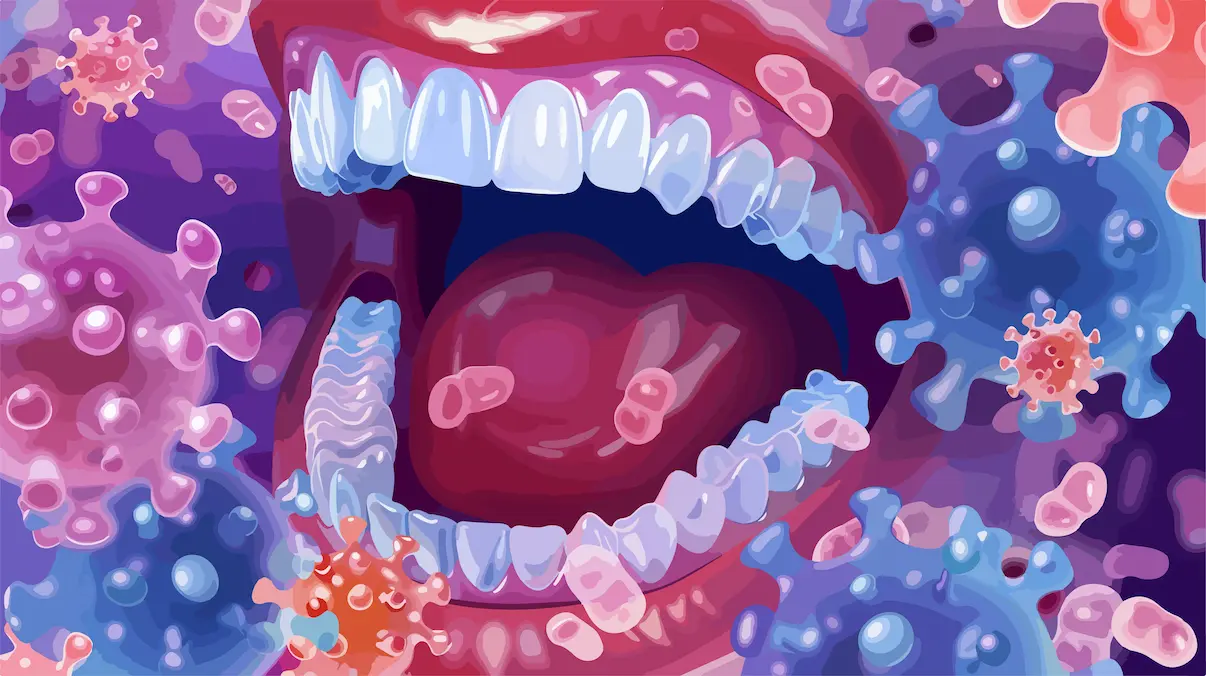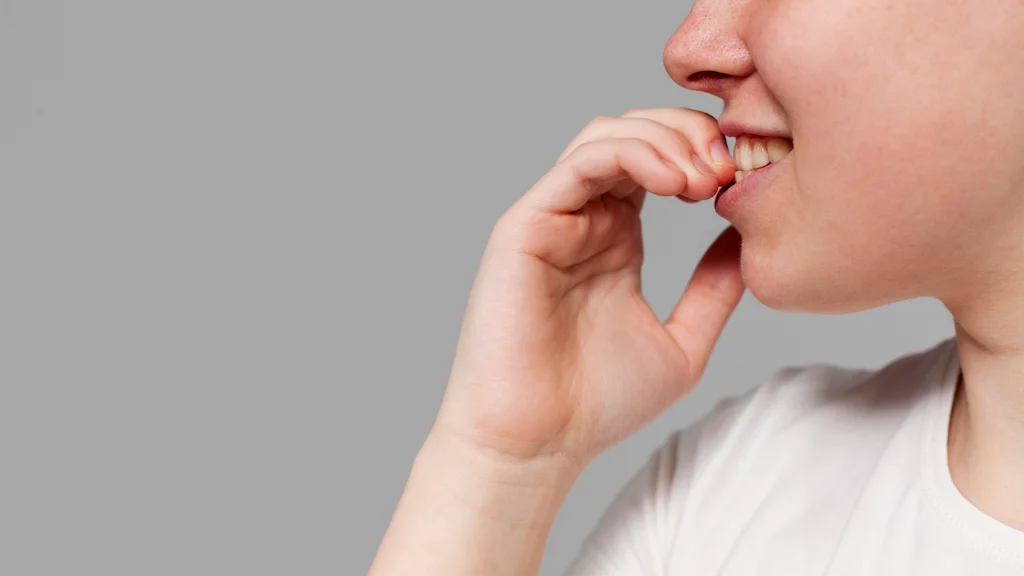What Are The Stages Of Gum Disease?

Gum disease is one of the most common oral health problems in the Iran and worldwide. Despite the number of people struggling with this problem, it can be easily prevented with the right oral hygiene habits and care. However, it can cause severe problems if left untreated. But don’t panic! We’re here to tell you exactly what are gum disease, how you can avoid it, and what to do if you have it.
What Is Gum Disease?
Gum disease, also known as periodontal disease, is a bacterial infection of the gums. In the early stages, it causes mild symptoms like tender, bleeding gums. However, if left untreated, advanced gum disease can cause gum recession, loose teeth and even tooth loss. It’s also linked to serious systemic health problems like diabetes and heart disease. Luckily, you can prevent and treat gum disease by following good dental habits.
What Causes Gum Disease?
Gum disease is caused by plaque, a sticky, bacteria-laden substance that builds up on your teeth. When plaque isn’t cleaned thoroughly with daily oral hygiene habits, it can cause your gums to become infected and inflamed.
In addition to poor oral care, other factors that increase your risk of gum disease include:
1. A diet high in free sugars
- 2. Smoking and tobacco use
- 3. Substance abuse
- 4. HIV and other chronic health problems

- 5. Nutrient deficiencies
- 6. Puberty, pregnancy, and other periods of hormonal instability
- 7. Diabetes
- 8. Age
- 9. Stress
If you’re worried about your risk factors, pay special attention to your dental hygiene, and consult your oral care professional for advice on staying healthy.
The Stages of Gum Disease
Gum disease is progressive and happens in two main stages:
Gingivitis: Gingivitis is the first stage of gum disease. It happens when plaque starts to build around the gum line, and the bacteria within the plaque cause irritation to the gum tissue. In some people, gingivitis has no symptoms. But in others, the gums can start to swell, turn red, or bleed when flossing or brushing. It’s essential to treat gingivitis before it gets worse.
Periodontitis: If not treated properly, gingivitis can progress to periodontitis, or advanced gum disease. Periodontitis occurs when plaque spreads below the gum line, triggering inflammation of the bone and connective tissues that hold the teeth in place. The gums can recede, exposing the tooth root and creating pockets between the gums and teeth. You might notice that your teeth become sensitive and your gums appear to shrink away from your bottom or top teeth as a result. Your teeth may start to loosen as bone breaks down, and may eventually fall out.
It can be frightening to read about periodontal disease, but you’ll now better understand why dental hygiene is a vital part of your routine. Knowledge is the first step to making positive changes to your health!

How Common is Gum Disease?
Men are more likely to have gum disease, with 56.4% affected compared to 38.4% of women. And smoking is a significant risk factor, with almost two thirds of smokers affected.
The World Health Organization (WHO) estimates that 19% of the global adult population, or more than 1 billion people, have severe periodontitis.
Is Gum Disease Contagious?
If you’re wondering if you can catch gum disease, the answer is yes! The bacteria that cause gum disease can be transferred from person to person via saliva. So that means you can acquire the bacteria from kissing, sharing a toothbrush, or sipping from the same glass.
However, there is good news! Just because you acquire the bacteria, it doesn’t necessarily mean you’ll develop gum disease. In a healthy person, good oral bacteria and a strong immune system can keep harmful bacteria like this in check, preventing it from causing an infection. Excellent oral hygiene and a low-sugar diet also help, preventing the bacteria from building up in the form of plaque. On the other hand, if you have risk factors like a high-sugar diet, poor oral hygiene, or a smoking habit, the conditions may be ideal for harmful bacteria to thrive. It all depends on your individual health and lifestyle factors. So give yourself the best possible chance of avoiding gum disease by not sharing things like toothbrushes or utensils, and perfecting your oral hygiene habits!

How Do I Know if I Have Gum Disease?
Gum disease may present without symptoms in the earlier stages, but may still be silently causing damage.. Because gum disease is difficult to detect, it’s especially important to check in regularly with your dentist or oral hygienist.
Symptoms of gum disease include:
- 1. Gums that are sensitive, swollen or red.
- 2. Bleeding during brushing or flossing.
- 3. Receding gums, exposing more of the tooth than previously visible.
- 4. Frequent bad breath.
- 5. Pus coming from the gums.
- 6. Changes to the fit of your bite or dentures.
- 7. A feeling of loose teeth.
If you have any of these symptoms, check in with your dental professional and read on to find out how you can improve your oral hygiene habits.
Articles are reviewed by Dr. Arab gum surgeon and periodontologist. This information is for educational purposes only. This content is not intended to be a substitute for professional medical advice, diagnosis or treatment. Always seek advice from your dentist, doctor or other qualified health care provider.
Please let us know what you think!